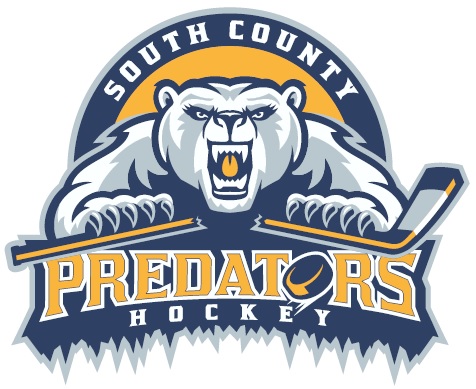
SCPGHA Conflict Resolution
Any members involved with SCPGHA, including players, coaching staff, parents and volunteers, who have a complaint, an objection or advice will need to address them in the following manner.
1. Speak to or email your coach or member of bench staff after the mandatory 24-hour waiting period. If not resolved,
2. Speak to or email your Division Convenor. If still not resolved,
3. Contact the appropriate Local League (Vice President) or Travel Convenor (Vice President), if still not resolved,
4. Contact the Past President or President by email, If the above steps are not taken in order the complaint/issue will not be dealt with.
If the above steps are not followed, the complaint will not be dealt with.
Discipline
Failure to comply with SCPGHA Code of Conduct and Code of Ethics will result in the discipline of the persons involved.
Procedure:
1.Upon receipt of such registered concern the Convener & Vice President will determine if a meeting is deemed necessary with the board or designated discipline committee.
2.The committee board upon review may dismiss the complaint and if so, inform the complainer in writing or email. Begin a formal investigation and interview all parties involved. Upon conclusion of the investigation, issue discipline if the findings warrant it.
Definitions of Terms for the Process of Assessing Complaints
The identified terms and definitions will be used to assess all forwarded concerns/complaints and objections when noted. These definitions may be discussed to confirm the complaint and its appropriate resolution or disciplinary actions.
Misconduct- refers to the behaviour that is found (by a formal or informal investigation) to be contrary the South County Predators Girls Hockey Association Code of Conduct, and that is not harassment, abuse or bullying.
Bullying- describes the behaviour similar to harassment but occurs between children under the age of 16 or between youth or adults that are not addressed under human rights laws. Bullying is intentionally hurting someone in order to insult, humiliate, degrade or exclude the person. There are four categories: physical, verbal, relational (convincing peers to exclude or reject a person) and reactive (to engage in bullying and provoke others to attack by taunting)
Harassment- is the offensive behaviour (emotional, physical or sexual) that involves discrimination against a person because of their race, ethnic origin, age, colour, religion, family status, sexual orientation, gender or disability) Harassment occurs when someone attempts to negatively control, influence or embarrass another person based on a prohibited ground of discrimination.
Abuse- is any form of physical, emotional, verbal or sexual mistreatment or lack of care which causes physical injury or emotional damage. (Including the abuse of power or authority and/or breach of trust)
Emotional abuse- is chronic attack on someone’s self-esteem; it is psychologically destructive behaviour by a person of power, authority or trust. It can take the form of name calling, threatening, ridiculing, berating, intimidating, isolating, hazing or ignoring someone’s needs.
Physical abuse- is when a person in a position of power or trust, purposefully injures or threatens to injure someone. This may take the form of slapping, hitting, shaking, pulling hair, throwing, shoving, grabbing, hazing or excessive punishment.
Neglect- is the chronic inattention to the basic needs of life such as clothing, shelter, food, good hygiene, supervision, medical or dental care, guidance or discipline, exercise and fresh air.
Sexual abuse- is when someone is used by someone with more power for their own sexual gratification or stimulation. This can have physical contact or non-contact (verbal or showing graphic material)